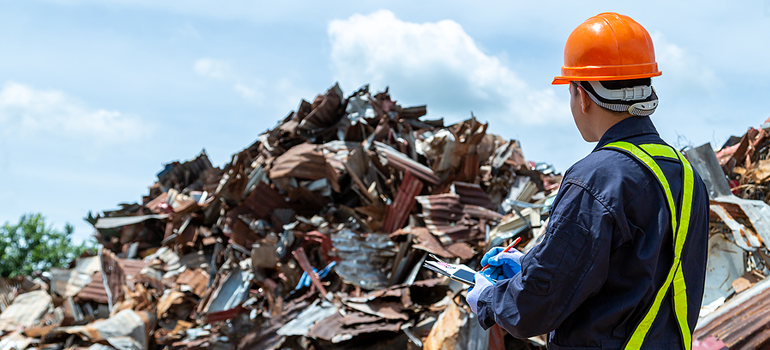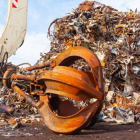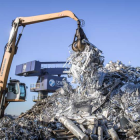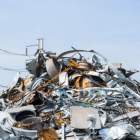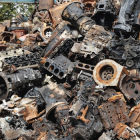In a world where sustainability is becoming increasingly important, small businesses can turn the waste they produce into a valuable revenue stream. Scrap metal recycling is no longer just for large corporations; small businesses can capitalize on this growing industry and contribute to a circular economy. By understanding the potential of scrap metal, business owners can reduce their waste disposal costs while generating extra income. In this blog, we’ll explore how small businesses can get involved in scrap metal recycling and why it’s a smart business move.
Why Scrap Metal Recycling Is More Than Just Environmentalism
Many small businesses don’t realize that the scrap materials they throw away—such as metal offcuts, old machinery, or damaged appliances—can actually be sold for cash. By recycling scrap metal, businesses not only contribute to environmental conservation but also boost their bottom line. Metals like copper, aluminum, and steel are in high demand, and recycling them saves energy compared to producing new materials from raw resources.
How Scrap Metal Can Improve Your Bottom Line
Small businesses are always looking for ways to cut costs, and recycling scrap metal is a simple way to do so. Instead of paying to dispose of scrap materials, businesses can sell them to local recycling centers. For example, a small manufacturer that deals with metal components may have leftover scraps that can be sold for cash. Additionally, companies in the construction or automotive industries can recycle old tools, appliances, and metal debris.
Types of Scrap Metal Businesses Can Recycle
It’s important to know what types of metals businesses can recycle and their respective values. Some of the most common scrap metals include:
-
- Copper: Used in electrical wiring and plumbing, copper is highly valued in recycling centers. Clean copper can be sold for a high price.
- Aluminum: Found in everything from beverage cans to car parts, aluminum is another valuable metal that’s easy to recycle.
- Steel: Used in construction materials, furniture, and automotive parts, steel is one of the most commonly recycled metals but usually fetches lower prices compared to non-ferrous metals like copper.
- Brass: A mix of copper and zinc, brass is commonly found in plumbing and hardware items, and it’s worth more than steel but less than copper.
Steps to Set Up a Scrap Metal Recycling Program for Your Business
-
- Step 1: Identify Scrap Metal: Begin by identifying any scrap metal generated in your daily operations, whether it’s from product manufacturing, broken equipment, or leftover materials.
- Step 2: Sort and Store Scrap Metal: Properly sort different metals to maximize your recycling efforts. Have dedicated bins for each type of metal to ensure you get the best possible price when selling.
- Step 3: Find a Reliable Scrap Yard: Research and find a local scrap yard that offers fair prices for the metals you plan to recycle. It’s worth building a relationship with them to ensure a smooth, ongoing process.
Maximizing Profit from Scrap Metal Recycling
Recycling scrap metal is a relatively simple process, but maximizing the profit you earn from it requires some planning. By keeping your metal clean (free of insulation, dirt, or paint) and sorted, you’ll receive higher prices from recycling centers. Also, keeping an eye on market trends and prices for scrap metals ensures you sell at the right time to get the best deal.
Conclusion:
Scrap metal recycling is not just a sustainable practice; it’s also a lucrative opportunity for small businesses to reduce waste, cut disposal costs, and earn extra income. By identifying valuable scrap materials, organizing your recycling efforts, and partnering with local scrap yards, small businesses can tap into the growing scrap metal industry while benefiting the environment.

